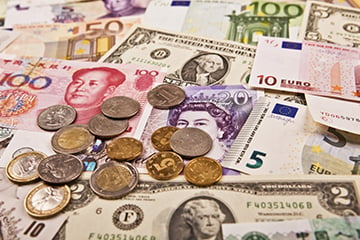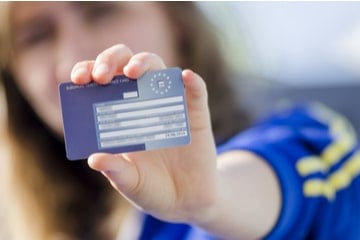"Cities like Amsterdam are among the most popular destinations in Europe for group holidays. The Dutch capital has a vibrant nightlife, so it might be easy to get carried away. But it's important to know that most travel insurance policies don't cover incidents under the influence of drugs or alcohol. That's why it's best to read your policy documents before you travel so you know what you're covered for."
-
Medical treatment: Anyone named on the policy will be covered for medical treatment if they get ill or injured.
-
Lost luggage: If your luggage or personal belongings are stolen or damaged while you're away, you'll be covered.
-
Cancellation cover: Can offer you up to a set amount if you need to cancel unexpectedly due to injury, illness or bereavement.
-
Travel disruption: If your trip is disrupted due to bad weather for example, you can claim for delays.
-
Emergency repatriation: Anyone named on the policy that needs immediate transportation back to the UK due to serious injury, illness or death.








